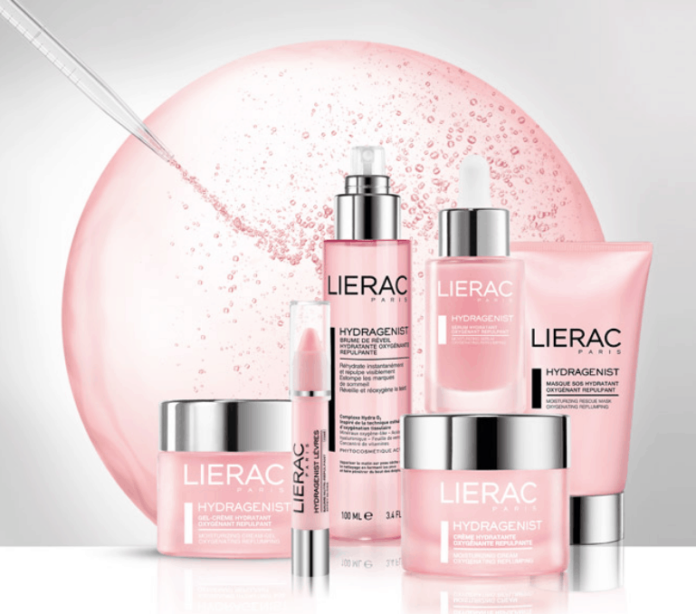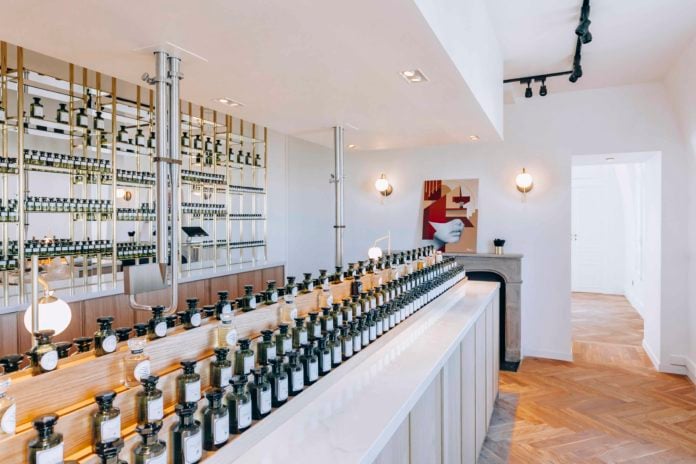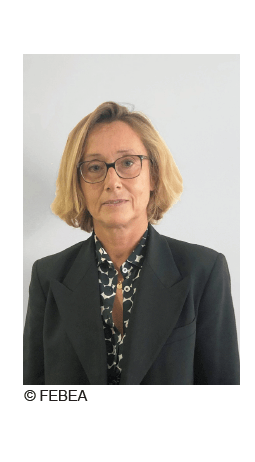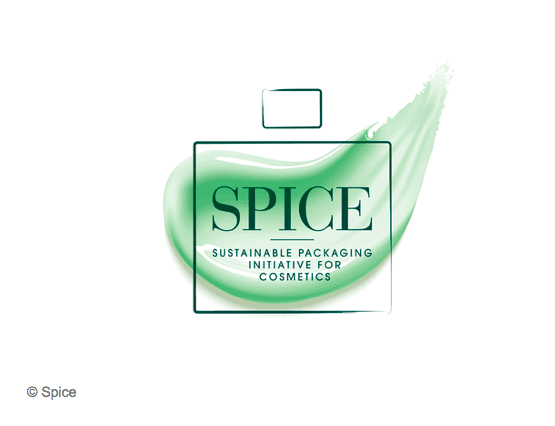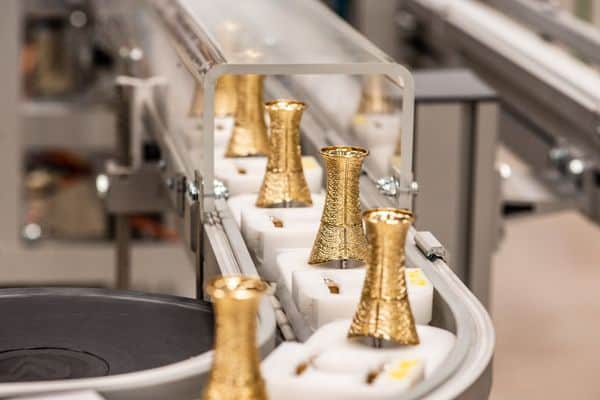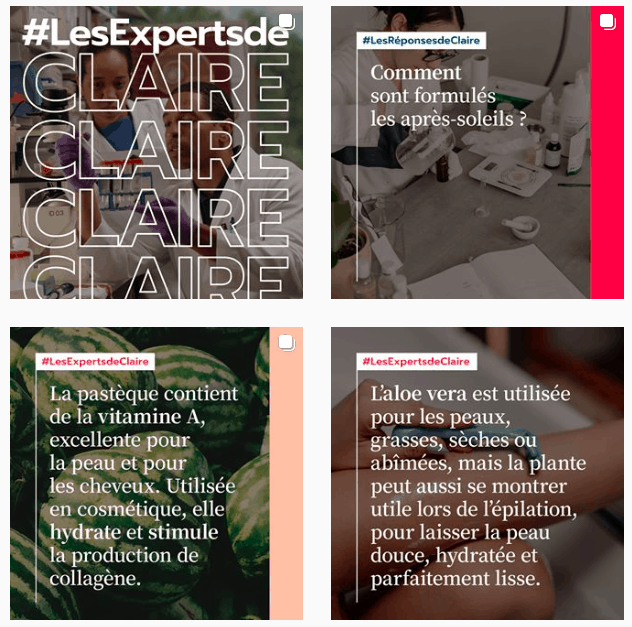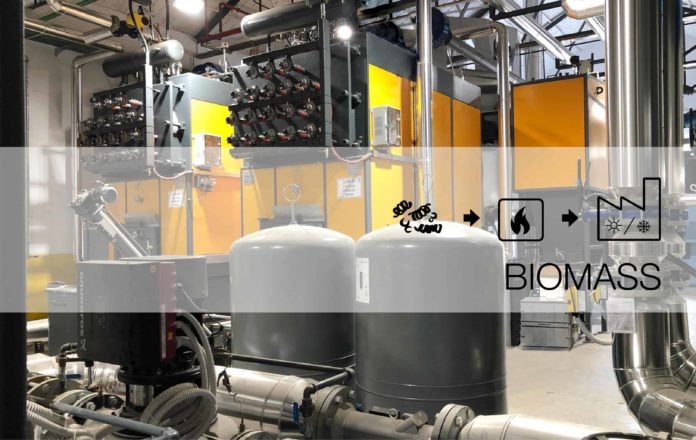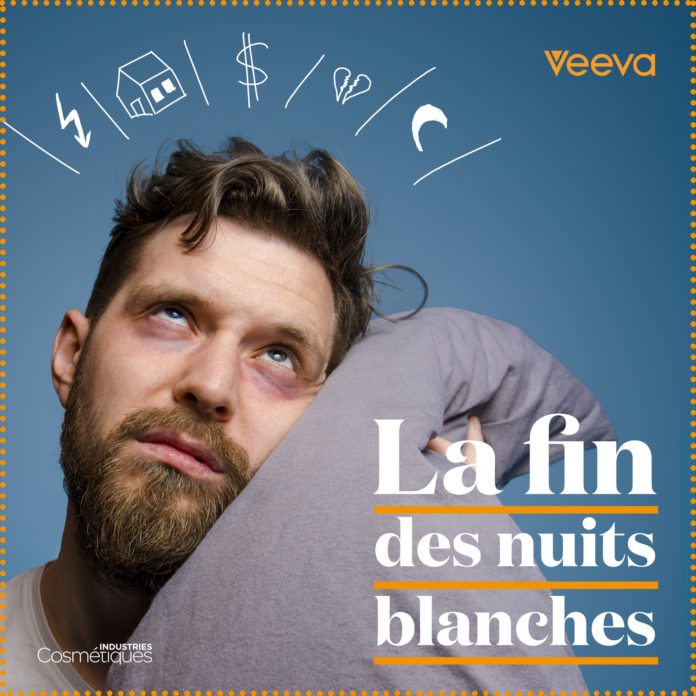The Fédération des Entreprises de la Beauté (FEBEA) announces the launch carried out at the initiative of SPICE (Sustainable Packaging Initiative for CosmEtics) of a tool to measure the environmental impact of packaging: the SPICE Tool. SPICE is the result of an international initiative launched in 2018 by L'Oréal and Quantis, joined by some twenty cosmetics companies and packaging suppliers, including FEBEA. All the partners have co-developed a methodology for measuring the environmental footprint of cosmetics packaging. Today, this methodology has become a tool open to all companies in the sector. This will enable them to measure and reduce the environmental footprint of each cosmetic packaging, over its entire life cycle.
Faced with ecological urgency and increased pressure on resources, the cosmetics industry is convinced of the imperative need to reduce the environmental footprint of its products. It did not wait for the anti-waste law for a circular economy adopted last February, to launch its ecological transition and build concrete solutions to move forward.
Packaging accounts for a significant proportion of the total environmental footprint of cosmetic products. Reducing this impact means being able to measure it correctly, throughout the packaging life cycle, from design to recycling or end-of-life. It is this challenge that lies at the heart of the SPICE initiative: an evaluation method and eco-design tool for packaging, developed by cosmetics companies for cosmetics companies. This development was based on contributions from the initiative's members, including L'Oréal, which had already developed an in-house method for assessing packaging and formulas. This international initiative has already been joined by some twenty cosmetics companies and suppliers of cosmetics packaging, and by associated partners.
The SPICE methodology, an innovative, collaborative and voluntary approach to the sector
The eco-design of packaging raises many questions: which new materials should be chosen? How recyclable? What use should be made of recycled materials? How can refillable packaging be created? How should we think about the end-of-life of cosmetics packaging? To identify and validate appropriate and effective solutions, we need to be able to measure the environmental impact of each option.
Thanks to the mobilization of volunteer companies, the methodological reference framework developed by SPICE has now been supplemented by a unique shared eco-design tool, enabling the environmental footprint of cosmetics packaging to be measured. The tool quantifies the impact of packaging through 16 environmental indicators, including carbon emissions and their impact on climate change, resource depletion, water use and biodiversity. It is based on scientific findings and illustrated by empirical case studies. It is aligned with major international standards, including the European PEF method, ISO quality standards and the recommendations of the Ellen MacArthur Foundation.
An innovative tool for comparing the environmental footprint of different scenarios
Previous multi-criteria Lifecycle Analysis tools enabled us to measure the environmental impact of a packaging, but we had to choose, for example, between favoring CO2 emissions or water consumption. For the first time, SPICE makes it possible to determine the most favorable solution by weighting all these environmental criteria. So, even without any particular scientific skills, any company in the sector, whatever its size, will be able to choose the best environmental option for developing each of its packages.
A collaborative tool open to all
The SPICE tool can be used by the member companies that have developed it, as well as by all other players in the sector, whether they be major groups, or very small businesses or SMEs, which represent over 80% of French cosmetics companies. Indeed, the development of packaging assessment and eco-design tools today represents a prohibitive cost for most companies: thanks to SPICE, they can easily make the transition to more sustainable packaging. Perhaps this initiative will even inspire other sectors to take similar steps, adapted to their own products?
As FEBEA President Patrick O'Quin explains: "SPICE enables the cosmetics sector to take a decisive new step forward in its commitment to the environment by enabling all companies, whatever their size, to define and implement concrete, ambitious and effective actions for more sustainable and virtuous packaging. This is why the FEBEA wanted to join this initiative and contribute to it, so that all its members could benefit. In our view, this type of shared, voluntary approach is best suited to accelerating the ecological transition of our sector, and, we hope, of other sectors of our economy".




